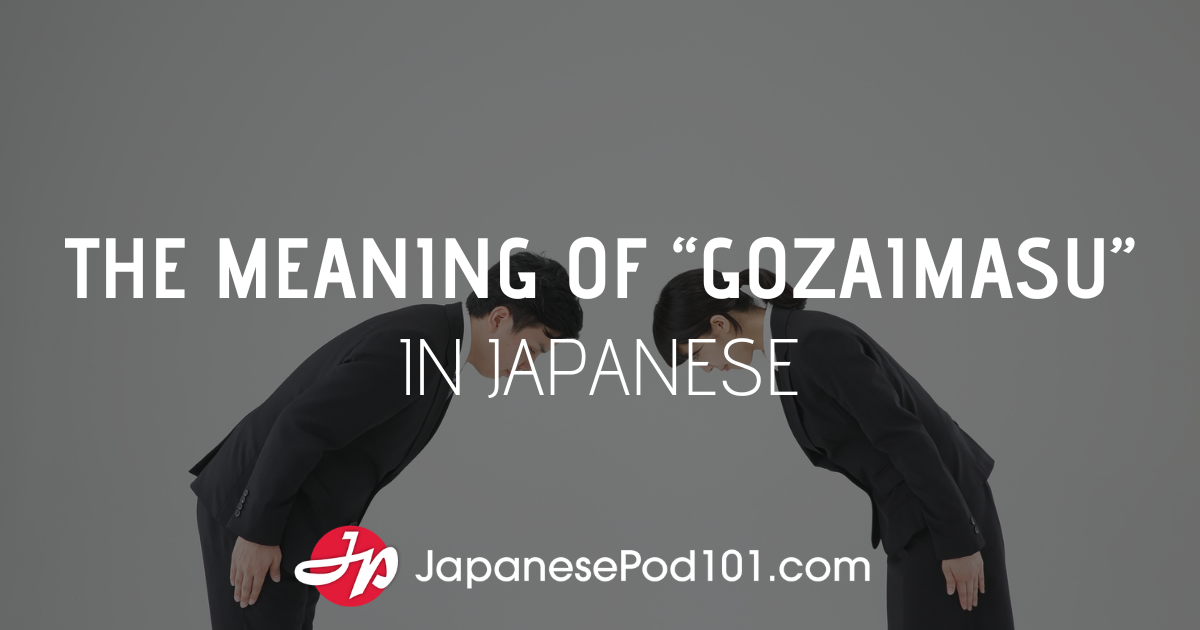故郷 (furusato or kokyō: hometown, birthplace, old village, native place, old home) old + hometown
Some sample sentences from Breen feature 故郷. All involve 彼 (kare: he), so I won’t define it each time.
彼には故郷を離れる考えは全くなかった。
Kare ni wa kokyō o hanareru kangae wa mattaku nakatta.
He had no notion of leaving his hometown.離 (hana(reru): to be separated from, leave)
考え (kangae: thinking, thought)
全く (mattaku: really, truly, entirely)無実を証明できなかったので、彼は故郷の町を去らなければならなかった。
Mujitsu o shōmei dekinakatta node, kare wa kokyō no machi o saranakereba naranakatta.
Unable to prove his innocence, he was forced to leave his native town.無実 (mujitsu: innocence) not + reality
This may seem like a strange breakdown for “innocence.” As we’ve seen, this word can also mean “false, unfounded.” Then the breakdown means more sense; a false accusation is not based in reality. It becomes clear that 無実 doesn’t refer to a child’s innocence about the ways of the world. Rather, the word refers to a lack of guilt in a judicial or moral context.
証明 (shōmei (suru): to prove)
to prove + to make clearA memory trick: This sounds a bit like “Show me,” as in “Prove it to me”!
町 (machi: town)
去 (sa(ru): to leave, go away)彼は再び故郷には帰らぬ運命だった。
Kare wa futatabi kokyō ni wa kaeranu unmei datta.
He was never to return to his hometown.再び (futatabi: again, a second time)
帰 (kae(ru): to return (to one’s home base))
運命 (unmei: fate) fortune + fate
If you read these sentences sequentially, they suggest a sad narrative!









